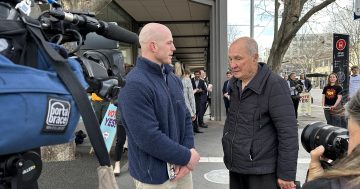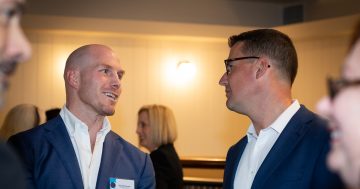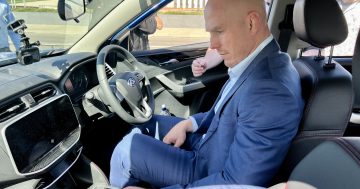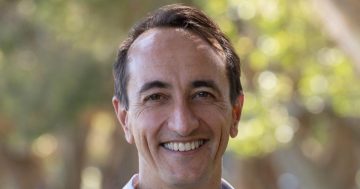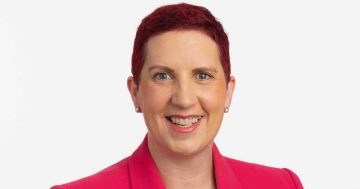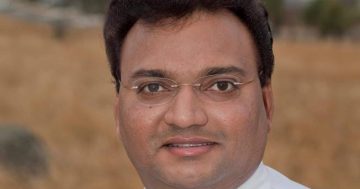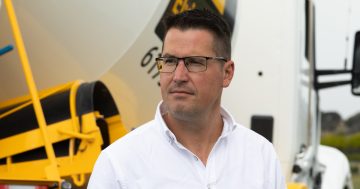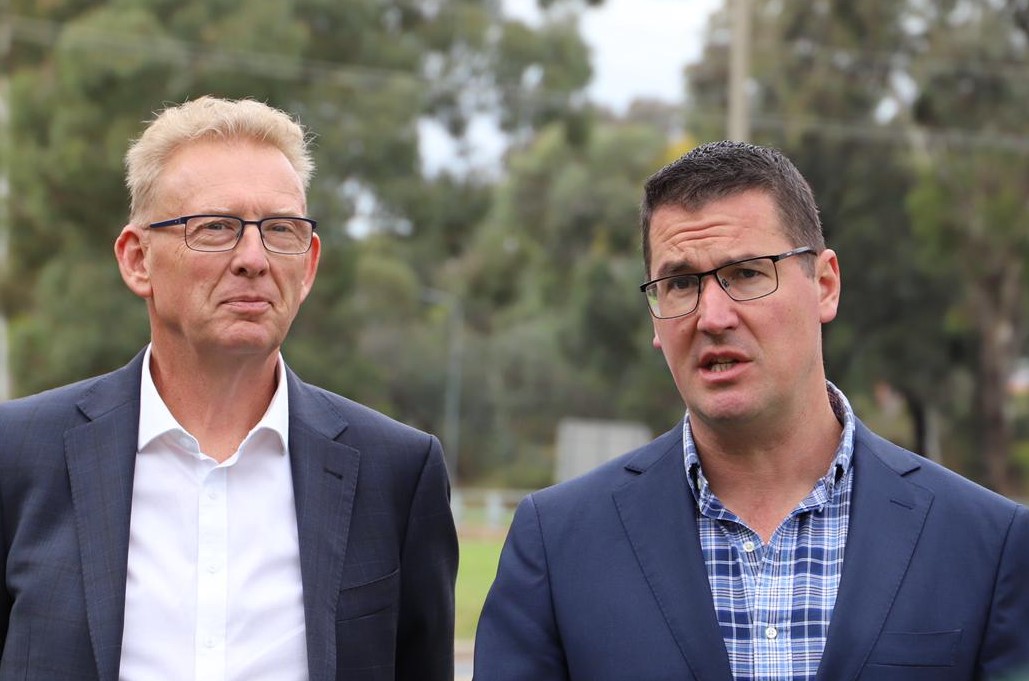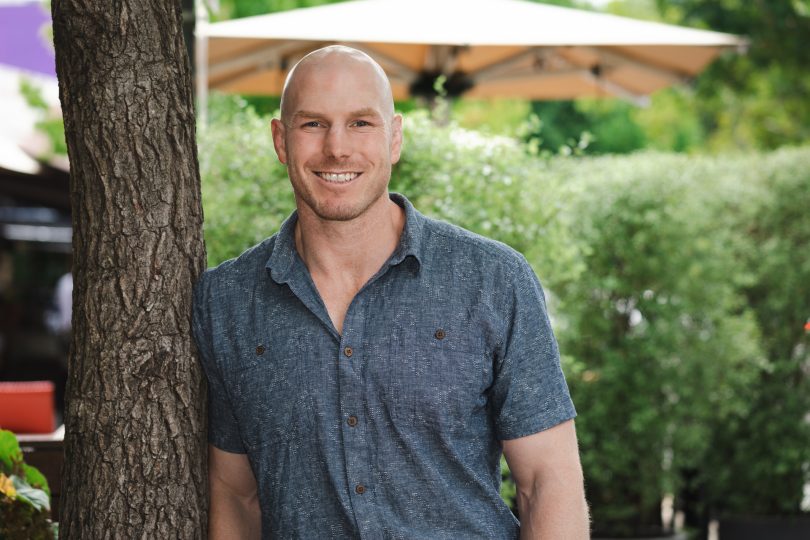
David Pocock is standing as an independent Senate candidate. Photo: Michelle Kroll.
Decisions about standing for Parliament are not often made after a stint working on Zimbabwean rangelands.
But David Pocock, who has a Masters in Sustainable Agriculture and has spent significant amounts of time on development work in his African homeland, is not your average political candidate.
The former Wallabies and Brumbies rugby star is renowned for wearing his heart on his sleeve. He’s been arrested for chaining himself to mining equipment to protest a new coal mine in NSW, refused to marry his long-term partner until same-sex marriage was legalised and is now standing as an independent Senate candidate in the next Federal election.
But does that add up to a genuine chance at electoral success when only two upper house seats are in play?
The ACT’s electoral maths are tough: Labor senator and former Chief Minister Katy Gallagher has an unassailably solid margin, and while progressive Canberrans are fond of deriding Zed Seselja, he increased his margin at the last election. Right-wing Liberal voters are a minority in the city but solidly behind him.
The most likely result remains easy re-election for Gallagher on the back of a strong primary vote and independent preferences, while Seselja’s count will take longer before he’s ultimately returned. Independent Kim Rubenstein and the Greens’ Tjanara Goreng Goreng are also competing for the progressive vote.
“I’m clearly not running against Katy Gallagher,” Pocock tells Region Media. “I feel like Zed doesn’t actually represent what a lot of Canberrans want. A lot of the issues we’ve run on as a city and a territory, he’s against.
“Marriage equality, Territory rights, his record on climate action is really poor. He’s voting alongside Dutton. I think there’s deep frustration on both sides of politics.
“The message from me is that I’m willing to get in there and represent them on issues that are important to them, and bring a different perspective and different life experience to the majority of politicians, basically lawyers and staffers who have climbed the ranks.”
Pocock says that after attending the COP26 conference in Glasgow last year, a motivating factor was seeing how Australia is perceived on the world stage. He thinks we’re out of step with our major trading partners on climate change and missing an opportunity for economic development in the renewables transition.
He’d been approached by “a number of people” last year to run and went through a process with ProACT, the community organisation behind his candidacy. There’s some seed funding from C200, businessman Simon Holmes à Court’s war chest for independent candidates with climate change platforms.
Beyond that, Pocock is receiving small donations from local supporters he says come from across the political spectrum.
There are volunteers in every suburb and he is focussing on grassroots community events like his regular politics in the park events. He lodged an application to register a new political party in February, enabling his name to appear above the line on the ballot paper.
“The donations from people giving $100, $200 are really exciting. The people who have joined the party are not people who have been interested in the past. They’re frustrated and see this as a way of getting their voice heard”, he says.
“But it’s a huge challenge. You feel like you’re building a car as you’re driving it.”
Community conversations have identified integrity in politics and climate change as key issues. Pocock says the latter also connects closely with the cost of living.
“We’re now at a point where if we had the right leadership on climate, household bills could be coming down with climate action,” he says.
“We need to take the cost of living seriously, but politicians are paying lip service, not actually trying to make it more affordable.
“Integrity in politics comes up in almost every conversation. We want to see politicians held to the same standard we expect in all of our workplaces. They shouldn’t be getting away with the rorts we’re seeing almost weekly.”
Pocock acknowledges this is a David v Goliath battle, in which the former rugby international plays the underdog role.
“I see my role as bringing my values and my track record, but getting out and talking to Canberrans about what’s important to them. Having a voice in the Senate that’s accountable to Canberra will make Canberra count again instead of being taken for granted because all the seats are so safe”, he says.
“I wouldn’t be doing this if I didn’t think I could win.
“When you talk to people, we have so much more in common than our differences. They want to be listened to, but for politicians to get on with the job of governing, to take opportunities and make our lives better today and into the future”.












